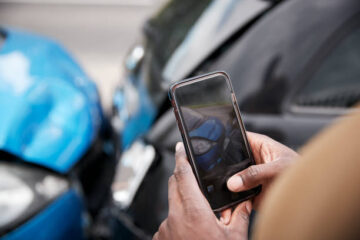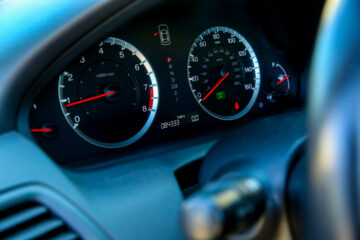Personal Injury Protection, also known as PIP is an extension of car insurance that is available in select states. It is required for all drivers in New York and covers medical expenses, lost wages, an other damages. A common question that people ask about personal injury protection is when are the limits of PIP exhausted? This question is not a simple one to answer. However, there are some common scenarios to get towards an answer of this question.
Who pays for my medical bills after I’m injured from my accident?
It’s a surprise to those who have not been in an accident before that the at-fault party’s insurance will not pay for the medical bills as they accrue. The law requires that those who are at fault for an accident pay for all the damages which derive from the personal injury. This includes property damage, out of pocket costs, medical bills, loss of vehicle use, wage loss, pain and suffering, etc. The property damage claim can be handled independently of bodily injury and wage loss. This claim is often solved within a month. All other claims for damages would be handled together, and the claim settlement would be total in nature.
What is Personal Injury Protection (PIP)? What does it pay for?
The main purpose of PIP is for your insurance company to step into the shoes of the at-fault party and pay your medical bills right away. PIP insurance has no deductible and can be used with any medical care provider. With this protection, it gives you the power to control your healthcare. PIP is required to be carried by all drivers in the state of New York.
What is covered by Personal Injury Protection in New York?
New York PIP insurance covers three main damages: medical costs, economic losses, and death benefits. The minimum amount of PIP you can purchase in New York state is $50,000. The amount that you choose to purchase is the maximum you’re entitled to recover from a PIP claim.
You can purchase additional PIP insurance if you would like. This may be worthwhile consideration if you are able to afford the costs, as medical expenses after an accident can be significant. If you receive any benefits from workers’ compensation, Social Security disability, New York State disability, and certain employer “wage continuation” plans, your PIP benefits will be reduced by whatever amount you receive from those benefits.
What medical costs are covered under PIP insurance in New York?
Most expenses that stem from the car accident will be covered by your personal injury protection. Some of the covered expenses include the following:
- Medical services
- Dental services
- Hospital expenses
- Surgical services
- Psychiatric and physical rehabilitative costs
- Diagnostic services (ie. X-rays)
- Ambulatory services
- Treatment in accordance with a recognized religion
Economic Losses: Covered by NYS PIP Insurance
Due to your injuries, if you are unable to work, PIP in New York will cover any lost wages of up to $2,000 per month or 80% of your monthly earnings, whatever is less, for no more than three years after the accident and up to the policy’s limits.
You will also be entitled to $25 per day to take care of routine activities that you can no longer do. This includes chores such as laundry or home maintenance will be covered by that $25 a day. You may increase the PIP $50,000 limit to $75,000 by purchasing optional basic economic loss insurance (OBEL). You may increase your coverage even further by purchasing additional PIP.
What happens if my Personal Injury Protection limits are exhausted? Will my insurance go up?
In the case of serious injuries, those limits can be exhausted quickly from hospital visits, surgery, and detailed testing. It can also be exhausted overtime if the injuries do not resolve as expected. If your PIP limits are exhausted, health insurance would be the next resource. Health insurance is more restrictive than PIP, and oftentimes you may have some out of pocket costs, but it is a valuable tool in order to receive the proper care.
When is the at-fault party responsible to pay the bills?
Eventually, the at-fault party must pay for all the damages which flow from the accident. This will occur when the parties agree upon fault, the reasonableness of all medical bills, and the value of your pain and disruption of life. If an agreement is reached on all aspects of the claim, a settlement agreement and release is prepared which forever bars either party from seeking future money. At that point in time, the PIP provider is also reimbursed for the medical bills they paid.
If you’ve been involved in an injury accident where you weren’t the driver at fault or have questions about PIP or other related issues, it is important to find an attorney.


